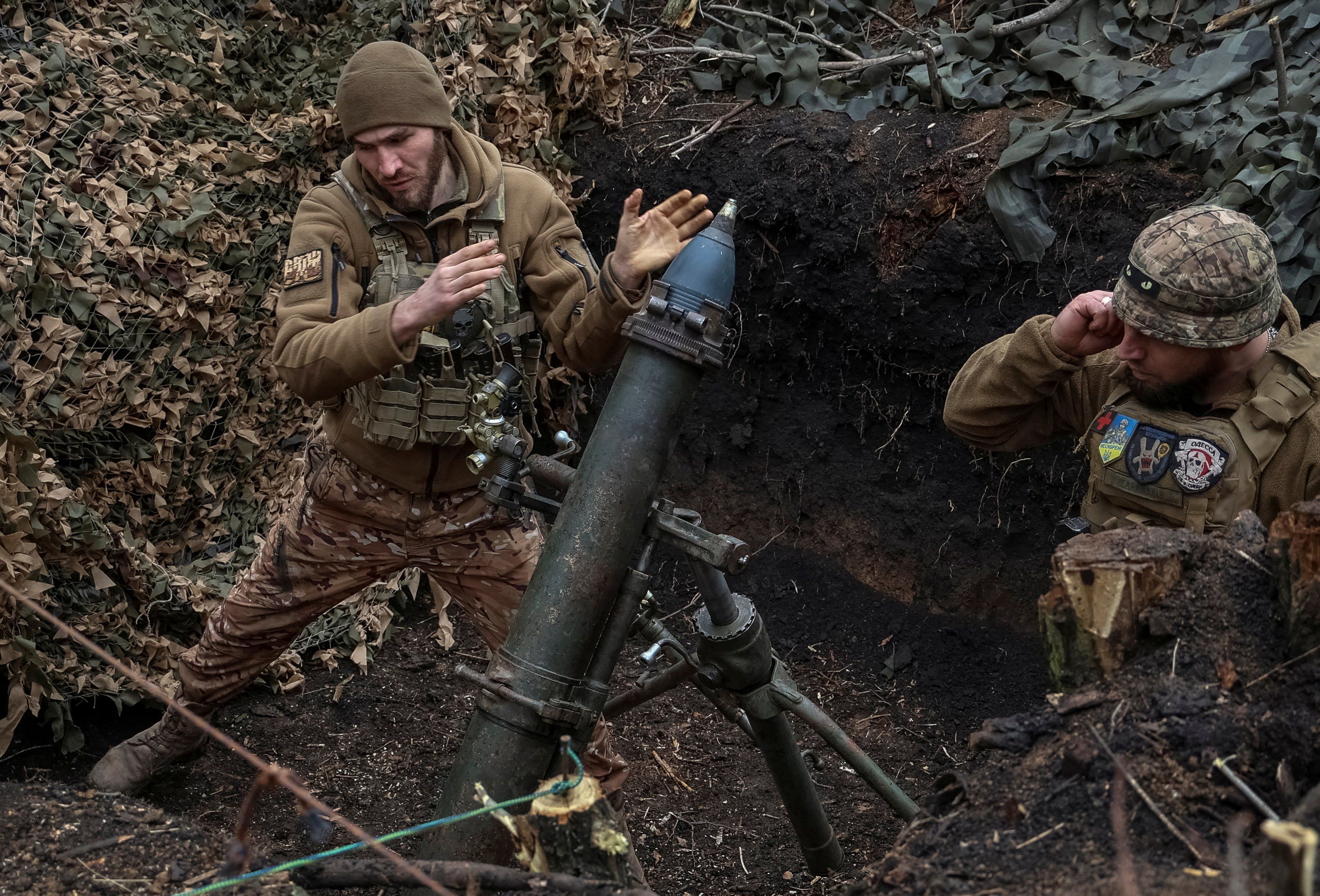Ukraine’s situation on the eastern front line has “significantly worsened,” wrote the country's top military commander, Oleksandr Syrskyi, on Saturday. Kyiv fears that Moscow might be planning an assault on Kharkiv, Ukraine’s second-largest city in the north-east, as well as a major attack in late spring or summer in the regions of Donetsk, Kherson, Luhansk, and Zaporizhzhia.
Simultaneously, the conflict is precipitatinga severe energy crisis, not just in Ukraine but across Europe. Andriy Kobolyev, former CEO of Ukraine’s Naftogaz, warned of spikes in European energy prices as Russian forces target Ukraine's energy infrastructure. “Russia is trying to wage a global energy war," Kobolyev stated, stressing the urgent need for weapons to defend energy assets. But this week, European nations rejected requests for more Patriot and SAMP/T air defense systems.
And the attacks keep coming, thanks to help from Beijing. China is reportedlysupplying Russia with crucial components for its defense equipment, enabling Moscow to ramp up production of missiles and drones. The US has asked Chinese firms to desist, but Beijing maintains it is not taking a side in the conflict, despite thecozy relationship between Chinese President Xi Jinping and Russian President Vladimir Putin..
